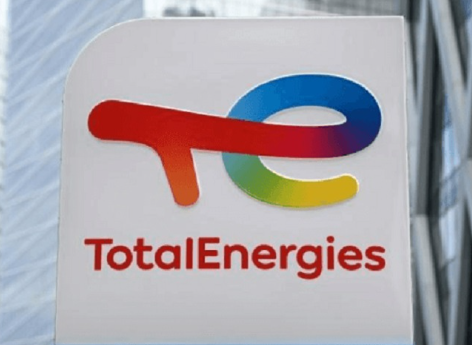One of the wells feeding Lagos Aje’s oil field has developed mechanical fault, causing stoppage of exploration activities on it while other wells are ongoing.
Besides, the earlier misunderstanding that stemmed from the resumption of exploration activities has gone to another level as a partner to the Joint venture (JV), PPAL had formally commenced dispute resolution proceedings with the OML 113 joint venture partners by filing a request for arbitration with the Secretariat of the International Chamber of Commerce.
The Commercial Court division of the High Court in London had in December granted PPAL an interim injunction, temporarily restricting the JV partners from taking any action under the default provisions of the Joint Operating Agreement that would prevent PPAL’s continued participation in the JOA and OML 113.
The latest update sent ot Business Hilights read in parts: “While Panoro has the financial ability to fully meet the amount of this disputed cash call, the company believes the drilling of any new well is premature at this stage.
“Panoro is also of a firm view that the decision to incur such additional capital expenditures at Aje unambiguously requires unanimous consent of joint venture partners, which as such has not been taken in accordance with the Joint Operating Agreement procedure.”
PPAL however said it would seek to recover all losses, costs, expenses, compensation and damages in law and equity caused directly or indirectly by the partners’ breach of their contractual and equitable obligations.
Additional details also indicated that five wells have been drilled to date on the field, while two more wells, Aje-6 and Aje-7, were expected to bring total Cenomanian oil production up to over 50 million barrels, according to Panoro. The third Turonian gas condensate development phase was being conceptualised and would likely involve three or four wells producing over 500 billion cubic feet of gas, 22 million barrels of condensate and 40 million barrels of liquefied petroleum gas









